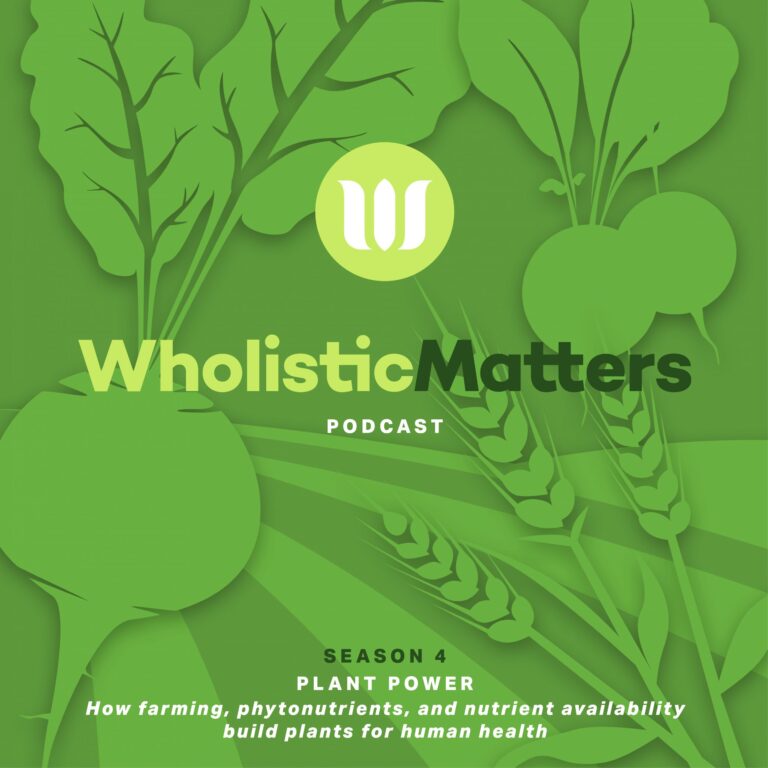Blood Glucose & Metabolism
Explore strategies and insights on maintaining healthy blood glucose levels and optimizing metabolic function. Our resources provide comprehensive diet, lifestyle, and supplementation information to support balanced energy and metabolic health.
Daina Parent, ND
(28 min listen)
Balancing Blood Sugar with Plant-based Proteins
Betsy Miller, MS, CNS, RH(AHG), DCN-c
(15 min read)
Nutritional & Botanical Support For GLP-1 Activity
Keri Barron, PhD
(7 min read)
Clinical Considerations for Athlete Blood Glucose Levels
WholisticMatters
(34:40 min listen)
Medicinal Herbs and ADHD
WholisticMatters
(38:12 min listen)
Medicinal Herbs for Cardiometabolic Health
WholisticMatters
(44:29 min listen)
Nutrient Availability
WholisticMatters
(1:00:50 min listen)
The Relationship Between Phytonutrients and the Color of Foods
WholisticMatters
(51:35 min listen)
Turmeric: Bioavailability, Clinical Applications, and Vast Health Benefits
WholisticMatters
(3 min read)
Polyphenols and Glucose Management
WholisticMatters
(2 min read)
What is Metabolic Syndrome?
Daina Parent, ND
(28 min listen)
Balancing Blood Sugar with Plant-based Proteins
Betsy Miller, MS, CNS, RH(AHG), DCN-c
(15 min read)
Nutritional & Botanical Support For GLP-1 Activity
Keri Barron, PhD
(7 min read)
Clinical Considerations for Athlete Blood Glucose Levels
WholisticMatters
(34:40 min listen)
Medicinal Herbs and ADHD
WholisticMatters
(38:12 min listen)
Medicinal Herbs for Cardiometabolic Health
WholisticMatters
(44:29 min listen)
Nutrient Availability








